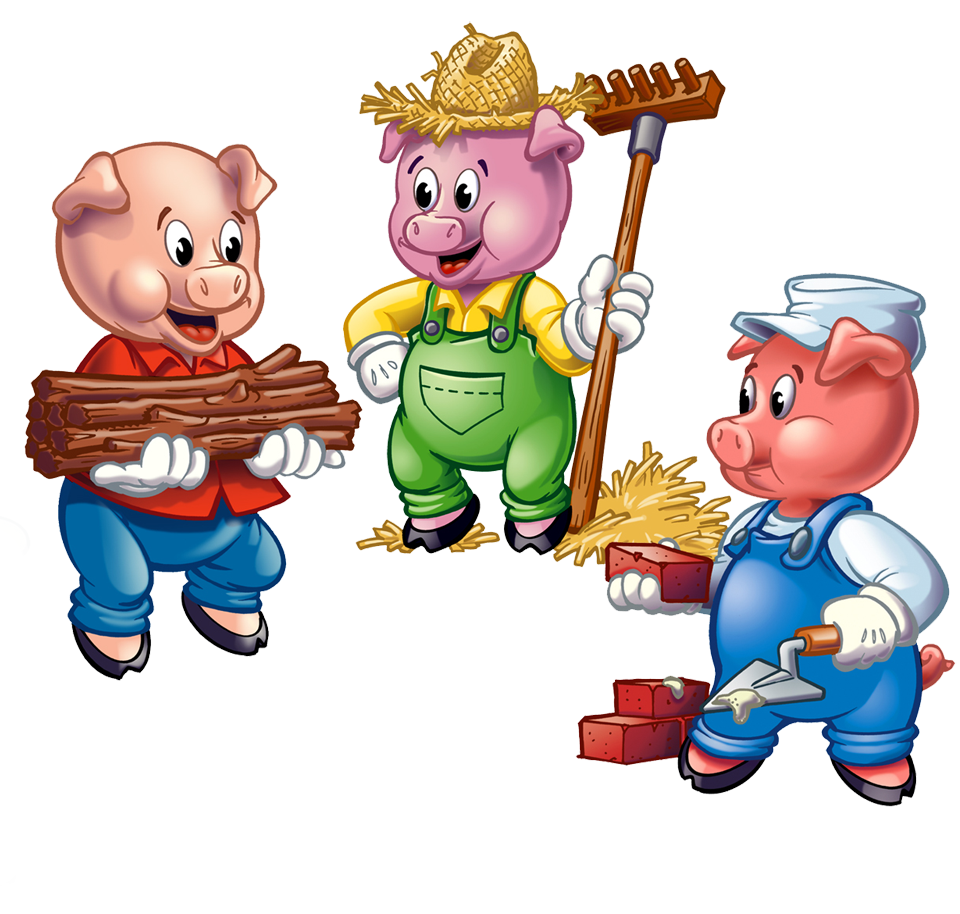Understanding Fundamentals of Healthy Living: a Short Reading List
Some recent late night reading...
My preferred method of acquiring new knowledge is reading books, articles, web posts, articles – just about anything. (Podcasts are a close second; watch for some favorites in another post.)
I have never taken a course in biology, so in getting healthier myself and then coaching others I’ve had to learn the basics and unlearn a lot of standard misinformation and conventional wisdom. Here are three books you may enjoy that have been helpful to me in learning about some of the foundations of healthy living.
First, a note: I’m a serious follower of science, but not an acupuncturist, chiropractor, dentist, doctor, naturopath, or registered dietician. I don’t finish the day reading medical journals. So I appreciate clear explanations written for laypeople by scientists and science writers, and if there are some memorable stories, practical advice, and even a little humor, all the better. I also value an ancestral or evolutionary approach to understanding health, and a functional medicine viewpoint on disease and sub-optimal health. Functional medicine attempts to find and fix the root causes of disease and sub-optimal health vs. simply treat symptoms with drugs.
Since so much of health is determined by what we eat, what happens within our bodies when we do? How does digestion work? A fun and enlightening place to start is Gulp: Adventures on the Alimentary Canal, by Mary Roach (2013). She takes us on an informative digestive journey from the nose through the mouth, stomach, intestines – you get the picture. It is well-researched, with a full bibliography. Janet Maslin of the New York Times says “Far and away her funniest and most sparkling book, bringing Ms. Roach’s love of weird science to material that could not have more everyday relevance. . . . “Gulp” is structured as a vastly entertaining pilgrimage down the digestive tract, with Ms. Roach as the wittiest, most valuable tour guide imaginable.” Who knew that Elvis had a megacolon? Even GI docs will learn something.
The New Primal Blueprint (updated 2016) by Mark Sisson is a vast compendium of the ancestral approach to health. Sisson is a college biology major (Williams) turned world-class marathoner and triathlete and then coach who burned out and needed to understand why. The discussion of primal “laws” covers nutrition, sleep, movement, stress management, play, community, and other pillars that contribute to everyone’s health.
His website’s summary: “Mark Sisson’s comprehensively updated and expanded edition of his 2009 bestseller will help you reject flawed conventional wisdom about diet and exercise that leads to failed weight loss efforts, burnout, and elevated disease risk. The New Primal Blueprint is based on ten immutable lifestyle laws, validated by health and evolutionary science, that enable you to reprogram your genes in the direction of weight loss, health, and longevity. The Primal Blueprint isn’t a fad diet or exercise program, but a sustainable set of nutrition, fitness, and lifestyle behaviors that align you with your genes’ expectations so that you can enjoy superior health and wellness without any of the conventional struggle or sacrifice.”
A key takeaway: our fates are not fully sealed by our genetics. How many times have we all heard someone say (or said ourselves) that getting cancer is just genetic bad luck? But we can make choices that decrease risks of diseases or sub-optimal health. While we can’t change our eye color, we can reduce our risk of cancer, live longer than our parents, and become more vibrant as we age.
I use this book as a reference all the time and trained as a health coach through the Primal Blueprint approach. I should have paid better attention to Primal Blueprint Law #9: Avoid Stupid Mistakes when I carelessly set my ladder last year to fix a window screen, resulting in broken ribs, an impinged shoulder, and a severely damaged ego.
Jason Fung, MD, is a Toronto-based specialist in kidney disease. How did he become an obesity researcher and clinician? First, he evolved into an advocate of functional medicine. He was treating kidney patients with dialysis, many of whom had Type 2 diabetes (T2D). He began to wonder if T2D was an underlying cause. If it contributed to the need for dialysis, was there a better way to treat T2D, obviating the need for dialysis? He writes of this exploration and the science of obesity in The Obesity Code (2016). He pulls together the various obesity and T2D discoveries, approaches, clinical trials, peer-reviewed studies, and his own research findings like pieces of a puzzle that has yet to be assembled so clearly, in my opinion. He explains why methods like energy balance (Calories In – Calories Out) might be intuitively appealing but never actually work for more than a few months. It turns out the underlying problem is insulin resistance, not lack of willpower or inadequate education. The story is written for laypeople, with 30 pages of journal citations and footnotes for further exploration, verification, etc.
What’s new here? So much of what’s been learned about obesity/T2D and losing weight has to do with what we should and should not eat, and Dr. Fung embraces a low carb, high fat diet for most. But the innovative solutions used in his clinical program (Intensive Dietary Management) focus on when we should eat and not eat. Fasting, here we come! It is an important approach to better health. This readable book explains why.
Enjoy!





